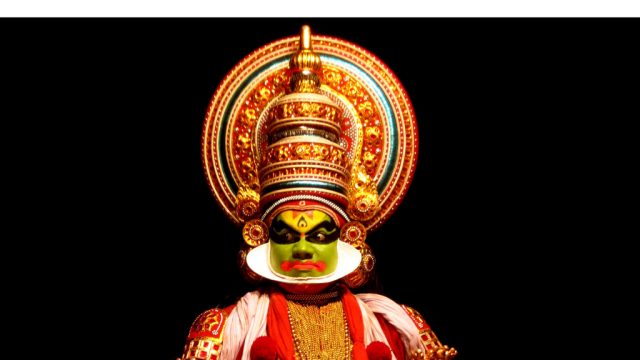Kerala’s diverse heritage makes the state a great place for travellers with a cultural bent of mind. While the state has many different festivals for you to savour, as well as crafts traditions and art galore, Kerala is also the home of a hundred dances. Here are a few of them.

The Chakyar is the sole performer in Chakyarkoothu, a 2,000-year-old Sanskrit theatre form. He enacts tales from the Puranas and interweaves them with social and political commentaries, all accompanied by simple instrumental music. He also has the liberty to poke fun at the audience, even the VIPs. Nearly all performing arts of India are said to have originated from Chakyarkoothu.

Others differ, claiming that Koodiyattam, said to have originated in the 9th century CE, is the earliest known dramatic art from Kerala. Koodiyattam incorporates the elements of Chaturvinatha abhinaya — action, dialogue, attire and physical manifestation of emotion.

Krishnattam, a cycle of eight plays about the life of Krishna, composed to be performed only at the Guruvayur Shree Krishna Temple, is also said to trace its origins to Chakyarkoothu.

Kathakali, the best known of Kerala’s performing arts, is a lively dance, which in its authentic temple form preserves one distinctive characteristic of its distant ancestor Chakyarkoothu: a slow pace.




